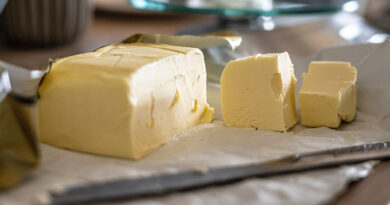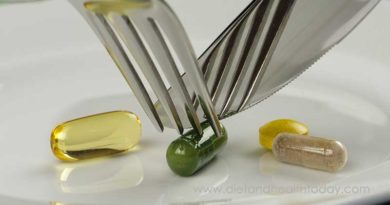Cholesterol & Coffee
Introduction
This week’s paper made headlines. “The type of coffee you drink can raise your heart attack risk“ reported the UK Telegraph newspaper (Ref 1). India picked up the story too “Can coffee increase heart attack risk? Study makes shocking discovery” (Ref 2). I hadn’t heard of the coffee-cholesterol association before and it turned out to be interesting to research. The article behind the headlines was called “Association between espresso coffee and serum total cholesterol: the Tromsø Study 2015–2016” and it was written by Svatun et al (Ref 3). From the title we know that this was an epidemiological study, involving a specific population and it examined the relationship between a particular type of coffee and blood (serum) cholesterol levels.
The paper’s own introduction reported that one of the (four) Norwegian authors was the lead author on a paper that was the first to show a positive relationship between coffee consumption and blood cholesterol levels (Ref 4). Coffee contains two types of diterpenes – cafestol and kahweol – that make up coffee oil, the natural fatty substance released from coffee during brewing (Ref 5). The first line of the paper reported that “Coffee raises serum cholesterol because of its diterpenes, cafestol and kahweol, and the effect varies by brewing method.”
The introduction added that research from the Netherlands concluded that the impact of coffee on cholesterol depends on the brewing method (Ref 6). This research found that boiled water coffee (adding boiling water to coarsely ground coffee in a pot) increased total cholesterol but that filtered coffee didn’t. Apparently the more UNfiltered the brewing method, the higher will be diterpenes in the finished brew.





